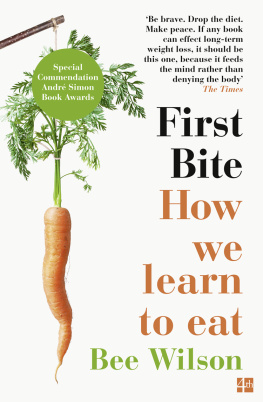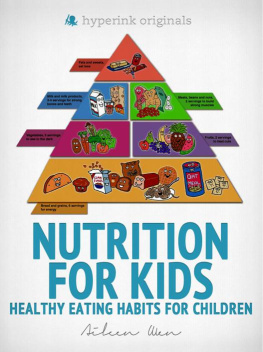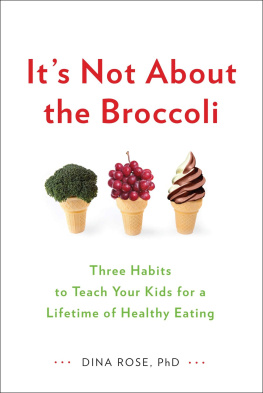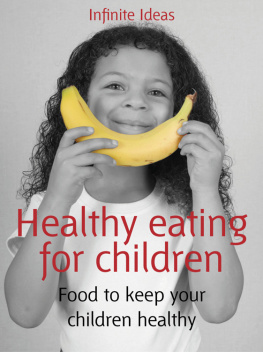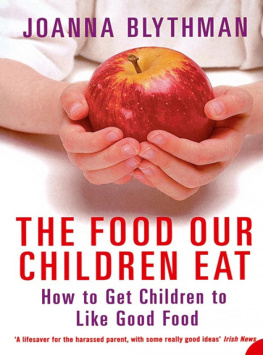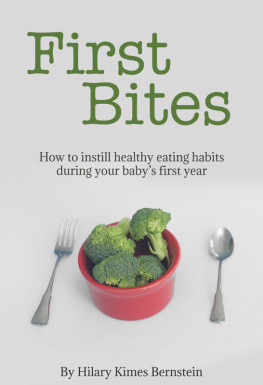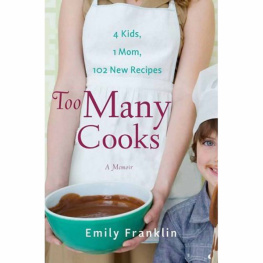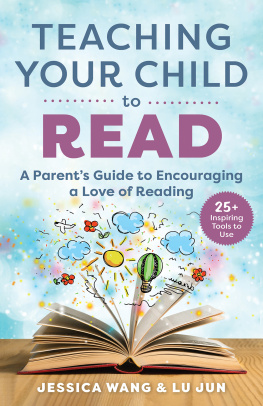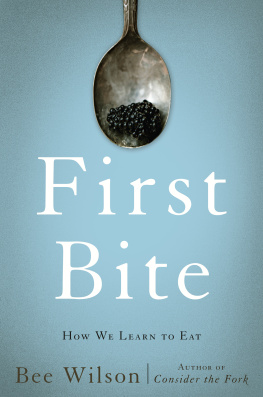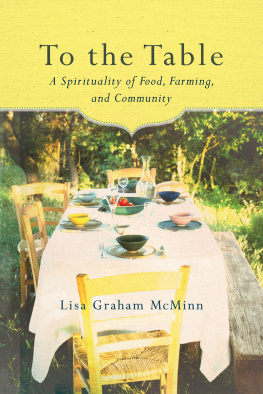Contents

Consider the Fork:
A History of How We Cook and Eat
The Hive:
The Story of the Honeybee and Us
Swindled: The Dark History of Food Fraud, from Poisoned Candy to Counterfeit Coffee
This book has benefited greatly from the knowledge and wisdom of many others.
Im so grateful to those who spoke to me and shared either their experiences or their scholarship on the questions of why and how we come to eat as we do. Some spoke anonymously. Of those who spoke or emailed on the record, Id like to thank Jose Luis lvarez Morn and all at Action Against Hunger, Duncan Boak and all at Fifth Sense, Paul Breslin, Lucy Cooke, Helen Crawley, Luis Gigliotti, Yasmin Hosny, David Jukes, E.P. Kster, Barak Kushner, Arja Lyytikinen, A.O. Musaiger, Daniel Patterson, Dympna Pearson, Dawn and Abi Millard, Marlena Spieler, Carmel McConnell and all at Magic Breakfast, Susan Ringwood, Stephen Strauss, Claire Thompson, Albert Westergren, Keith Williams.
My thinking on food always owes much to my friends at the Oxford Symposium on Food and Cookery. I presented an early version of the ideas in First Bite to The School of Artisan Cookery; thank you to Alison Swan Parente for inviting me to talk. Another institution I need to thank is the Guild of Food Writers for, among other things, putting on Barak Kushners excellent ramen noodle workshop.
Im always grateful to the staff of the Cambridge University Library, where I did much of the research; and to the staff of Hot Numbers coffee shop, where I did much of the writing.
Ive also been helped by conversations with various people. I found that this was a subject that everyone has a view on. First and foremost, my thanks go to David, Tasha, Leo and Tom Runciman (thanks, Tom, for being so brutally honest). Others who gave me insights and other help include, in no particular order, Abby Scott, Lily Scott Turner, Mark Turner, Melissa Mohr and Caspar Hare, Ranjita Lohan and family, Sarah and Olivia Ray, Dan Jones and Sophie Hannah, Helen Conford, Diana Henry, Jane Kramer, Caroline Boileau, Catherine Blyth, Deborah Friedell, Anne Malcolm, Imogen Roth, Freya and Psyche Brackett, Amy Bryant, Ed Caffyn, Hilary Cooper, Sybil Kapoor, Emily Gowers, Michele Humes, Susan Friedland, Gareth Stedman Jones, Rose Hilder, Anna Hont, Attila Bacs, Cara Isaac, Lizzie Collingham, Sharon Knights, Jane Ladlow, Anthea Morrison, Tamsin OConnell, Sin Pooley, Ruth and Garry Runciman, Cathy Runciman, Gonzalo Gil, Lisa Runciman and Reg Lee, Ruth Scurr, Catherine Carr, Inigo Thomas, Andrew Wilson and Katherine Duncan-Jones. Special thanks to Emily Wilson, Caroline Boileau and Miranda Landgraf for reading draft versions and offering perceptive comments. Im grateful to Sylvana Tomaselli for telling me that my original idea didnt work; you were right.
Thank you to the editors of my former food column at Stella magazine, especially Elfreda Pownall who guided my thoughts on food over many years.
I owe huge thanks to my agents, Zoe Pagnamenta and Sarah Ballard plus Zoe Ross, who couldnt have been more supportive, of me and of this project.
Its been a joy to work with the illustrator Annabel Lee on a second book; she drew the birthday cake of my childhood dreams. Thank you so much to designer Jo Walker for the brilliant cover.
Ive been very fortunate to work for a second time with Lara Heimert at Basic Books; and to work for the first time with Louise Haines at Fourth Estate: two wonderful editors who kept me on my mettle. They each improved the book in so many ways, large and small. Kathy Streckfus in the US and Morag Lyall in the UK were both superb copyeditors. Id also like to thank all at Basic Books including Michelle Welsh-Horst, Leah Stecher, Melissa Raymond, Cassie Nelson and all at Fourth Estate including Georgia Mason, Jo Walker, and Patrick Hargadon. Needless to say, the mistakes are my own.
Albala, Ken (2002), Eating Right in the Renaissance, Berkeley: University of California Press
Alberts, Hugo, Sandra Mulkens, Maud Smeets et al. (2010), Coping with Food Cravings. Investigating the Potential of a Mindfulness-based Intervention, Appetite, 55, 16063
Alderman, Harold, John Hoddinott and Bill Kinsey (2006), Long term Consequences of Early Childhood Malnutrition, Oxford Economic Papers, 58, 45074
Ali, E., R. Zachariah, A. Dahmane et al. (2013), Peanut-based Ready-to-use Therapeutic Food: Acceptability among Malnourished Children and Community Workers in Bangladesh, Public Health Action, 3, 12835
Anderson, J.W., L. Grant, L. Gotthelf et al. (2007a), Weight Loss and Long-Term Follow-Up of Severely Obese Individuals Treated with an Intense Behavioral Program, International Journal of Obesity, 31, 48893
Anderson, J.W., Shannon B. Conley and Amy S. Nicholas (2007b), One Hundred-pound Weight Losses with an Intensive Behavioral Program: Changes in Risk Factors in 118 Patients with Long-term Follow-up, American Journal of Clinical Nutrition, 86, 3017
Aez, E., A. Remington, J. Wardle et al. (2012), The Impact of Instrumental Feeding on Childrens Responses to Taste Exposure, Journal of Human Nutrition and Dietetics, 26, 41520
Anliker, J.A., L. Bartoshuk, A.M. Ferris et al. (1991), Childrens Food Preferences andGenetic Sensitivity to the Bitter Taste of 6-n-propylthiouracil (PROP), American Journal of Clinical Nutrition, 54, 31620
Appelhans, Bradley M., Molly E. Waring, Kristen Schneider et al. (2014), Food Preparation Supplies Predict Childrens Family Meal and Home-prepared Dinner Consumption in Low-income Households, Appetite, 76, 18
Armstrong, Bridget and David M. Janicke (2012), Differentiating the Effects of Maternal and Peer Encouragement to Diet on Child Weight Control Attitudes and Behaviors, Appetite, 59, 7239
Arnold, Carrie (2012), Decoding Anorexia: How Breakthroughs in Science Offer Hope for Eating Disorders, New York and London: Routledge
Asmaro, Devar, Fern Jaspers-Fayer and Valery Sramko (2012), Spatiotemporal Dynamics of the Hedonic Processing of Chocolate Images in Individuals with and without Trait Chocolate Craving, Appetite, 58, 79099
Bailer, Ursula, Martina de Zwaan, Friedrich Leisch et al. (2004). Guided self-help versus cognitive-behavioral group therapy in the treatment of bulimia nervosa, International Journal of Eating Disorders, 35, 522537.
Baron-Cohen, Simon, Tony Jaffa, Sarah Davies et al. (2013), Do Girls with Anorexia Nervosa have Elevated Autistic Traits?, Molecular Autism, 4, 24
Bartoshuk, Linda (2000), Comparing Sensory Experiences Among Individuals: Recent Psychophysical Advances Illuminate Genetic Variation in Taste Perception, Chemical Senses, 25, 44360
Batsell, W. Robert, Alan S. Brown and Matthew E. Ansfield (2002), You Will Eat All of That!: A Retrospective Analysis of Forced Consumption Episodes, Appetite, 38, 21119
Bauer, Katherine W., Melissa N. Laska, Jayne A. Fulkerson et al. (2011), Longitudinal and Secular Trends in Parental Encouragement for Healthy Eating, Physical Activity, and Dieting Throughout the Adolescent Years, Journal of Adolescent Health, 49, 30611
Baumeister, Roy, Ellen Bratslavsky, Mark Muraven et al. (1998), Ego Depletion: Is the Active Self a Limited Resource?, Journal of Personality and Psychology
Next page
